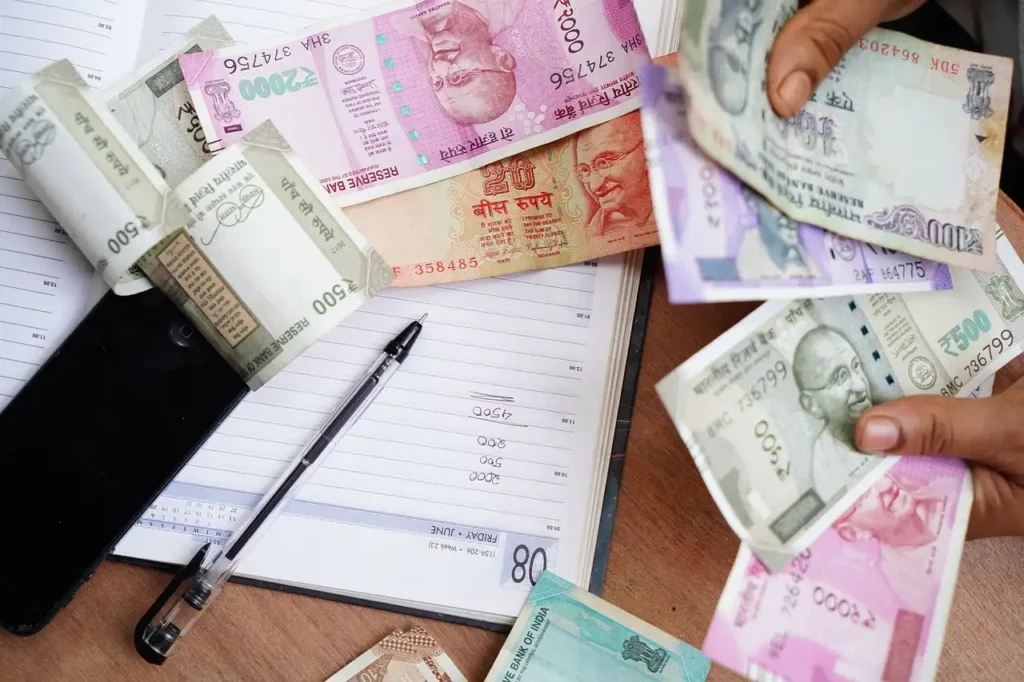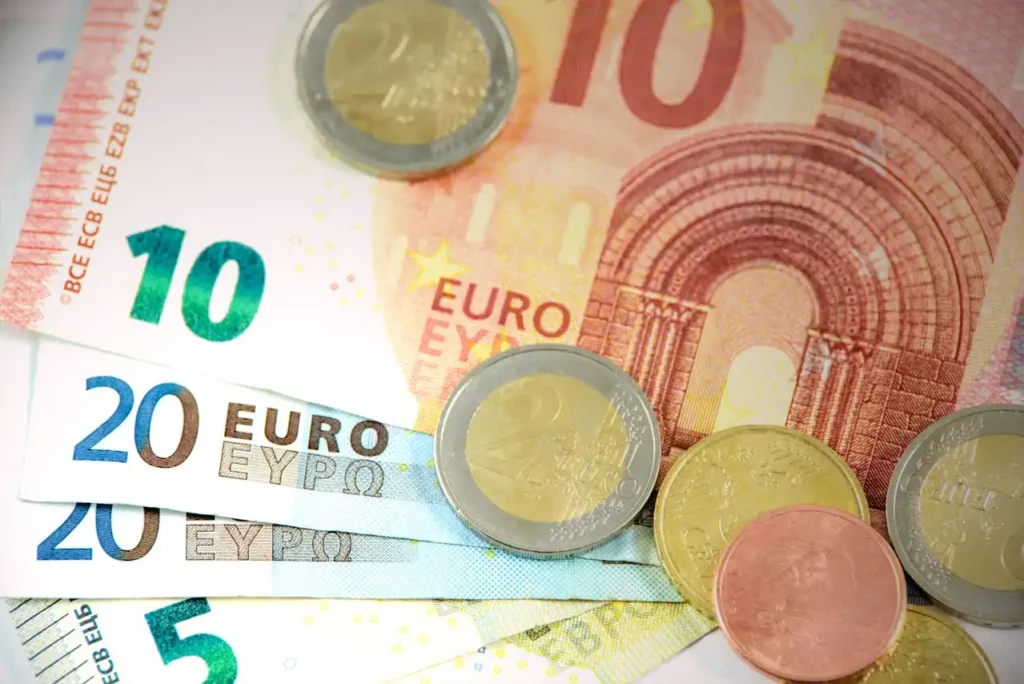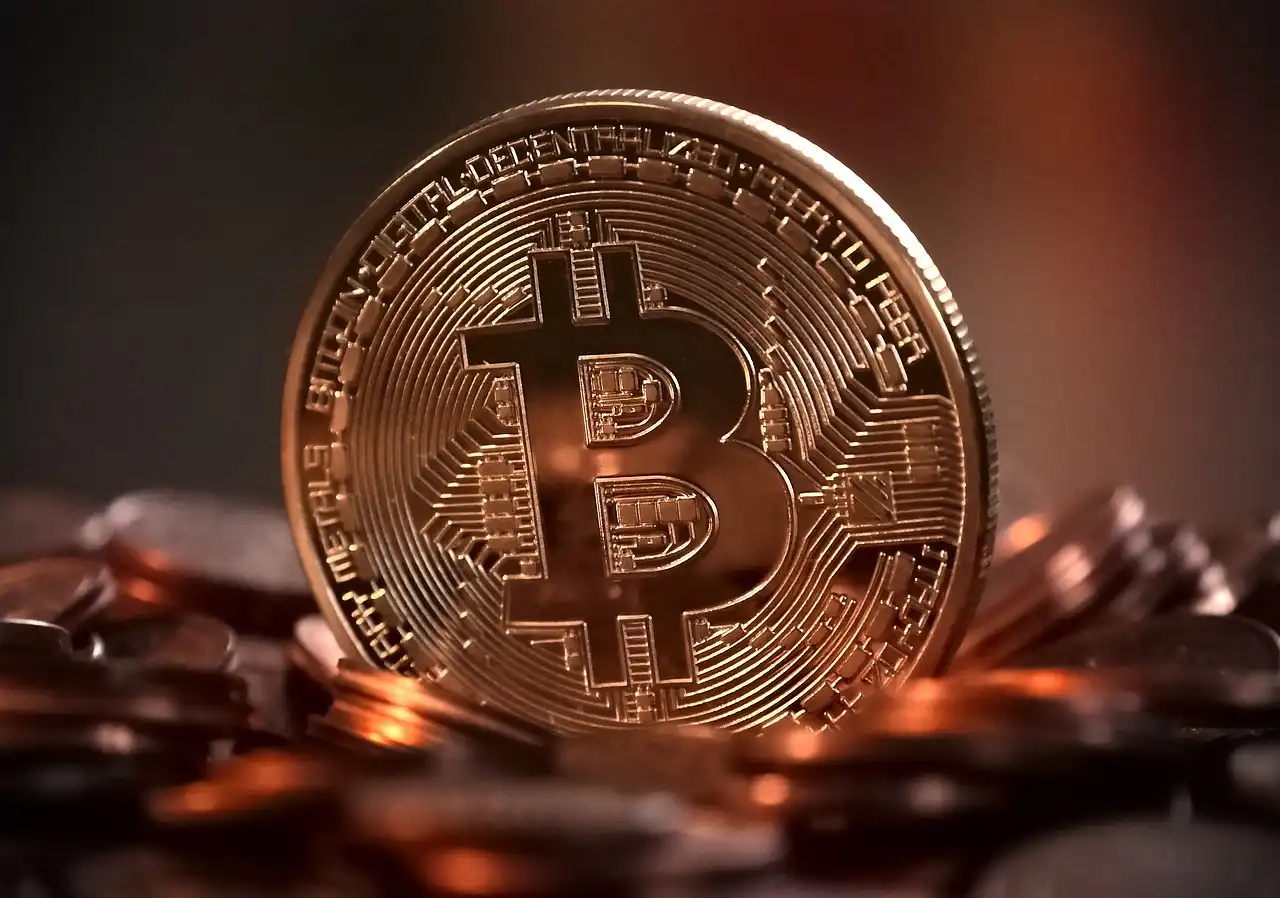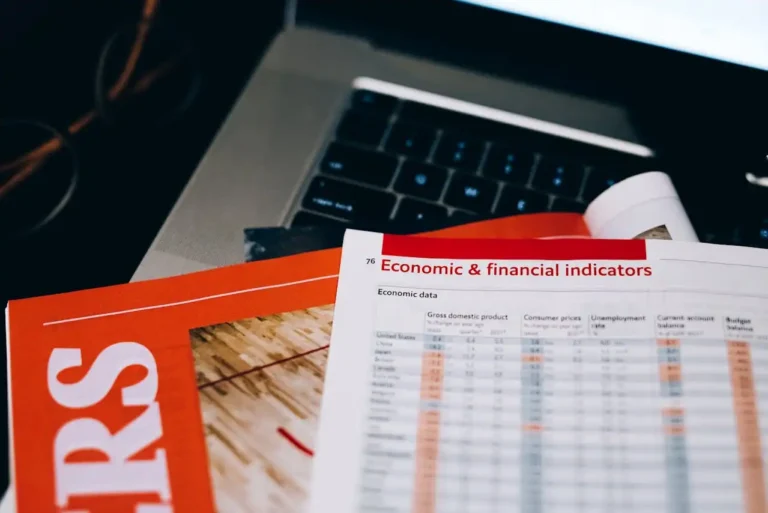Currency is an arrangement for day-to-day use of Currency within a specific nation or locale, facilitating exchange, trade, and financial movement. It is a medium of exchange, meaning it permits individuals to exchange labour and products efficiently without expecting to bargain or directly trading things of equivalent worth. Present day currencies can be physical, like coins and banknotes, or computerized, as electronic funds or cryptocurrencies.
Functions of Currency
Currency serves some vital functioning of an economy:
- Mode of Exchange: Currency empowers individuals to purchase labour and products without exchanging one good directly for another. For instance, you can utilize the Indian Rupee (₹) to purchase food, apparel, or services, instead of exchanging physical items.
- Unit of Account: Currency provides a predictable method for estimating the worth of labour and products. Costs are communicated in the local currency, making it more straightforward for shoppers and organizations to compare costs. For instance, in India, the cost of a mobile or a kilo of rice is quoted in rupees, which normalizes value.

- Store of Value: Currency can be saved, recovered, and utilized anytime, permitting individuals to delay the spending. It holds its worth over time, making it helpful for saving. For instance, individuals can keep currency in a bank account today and use it to purchase something after some time.
- Standard of deferred payment: Currency works with transaction that include future payments, like loans, home loans, or EMI. It allows borrowing and lending in light of the fact that the worth of Currency is steady over the long period.
Types of Currency
- Fiat Currency: Most present day currencies, like the Indian Rupee (INR), the US Dollar (USD), and the Euro (EUR), are government issued types of Currency. Government issued Currency is officially sanctioned currency that is not backed by an actual product like gold or silver. It’s worth is derived from the trust and confidence individuals have in the Government that issues it.
- Commodity Currency: In historical times, monetary forms depended on actual items, like gold or silver. For example, gold coins were broadly utilized, and the worth of currency was attached to the worth of the actual metal.

- Cryptocurrency: Advanced monetary standards, like Bitcoin and Ethereum, are decentralized and work utilizing blockchain technology. Unlike government issued Currency, they are not under control by any administration or authority. Digital currencies are still in their infancy however they are turning out to be popularly known as alternative types of currency.
- Digital and Electronic Currency: With progressions in technology, advanced monetary standards like electronic Currency (e-Currency) are being utilized for online transaction. These consist of mobile wallets, electronic payments, and digital transfers, which work with quick and secure exchanges without the requirement for actual Currency.
The Role of Central Banks
In many nations, the Central bank is responsible for giving and directing currency. For instance, in India, the Reserve Bank of India (RBI) controls the issuance of the Indian Rupee and deals with the country’s Currency related strategy. Central banks additionally supervise the stockpile of currency in the economy and to guarantee its stability, keeping issues like inflation or deflation from weakening the Currency’s worth.
Significance of Stable Currency
A steady Currency is fundamental for monetary development and trust in a nation’s economy. At the point when a Currency loses value quickly (as in instances of hyper- inflation), it can prompt a loss of purchasing power, low monetary activity, and difficulty for residents. On the other hand, a valuable currency attracts trade, investment, and supports long term monetary preparation.
Conclusion
Currency is a central component of present day economies, empowering trade, speculation, and financial steadiness. It permits people and organizations to manage transactions productively, filling in as a trusted vehicle of trade, a store of significant worth, and a standard unit of record. Understanding how currency functions helps in valuing its basic role in both home-grown economies and the worldwide monetary framework.







